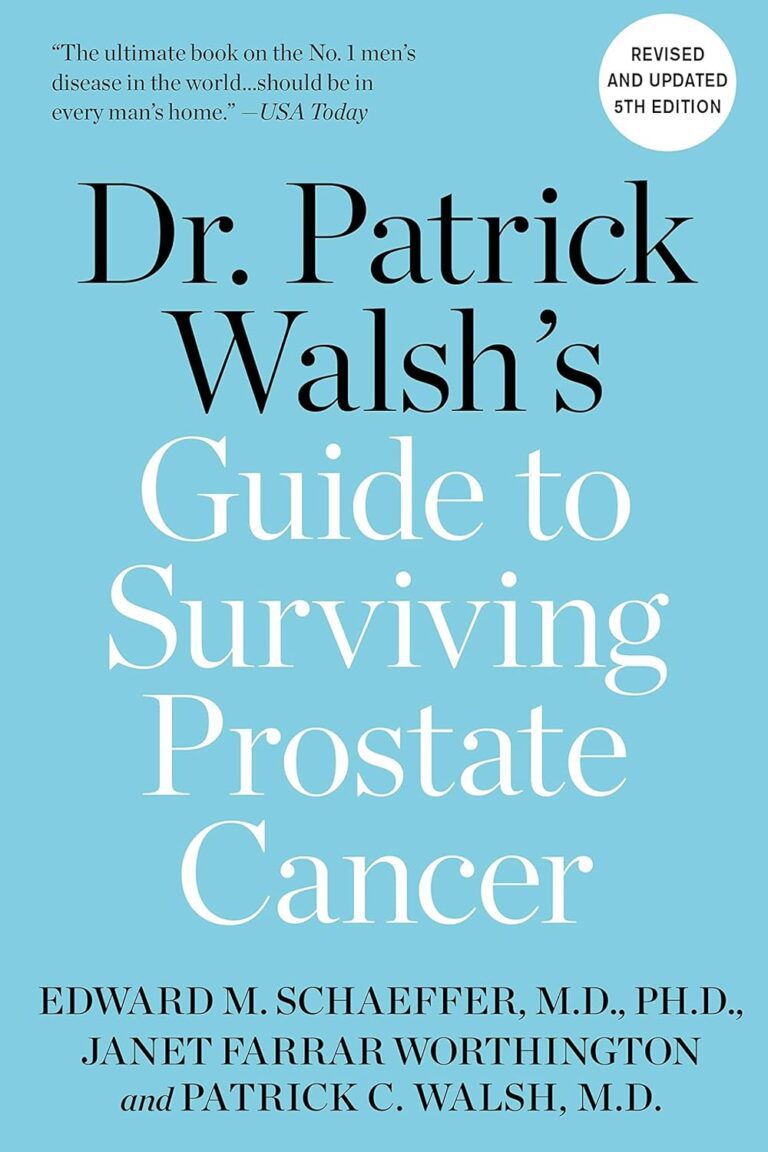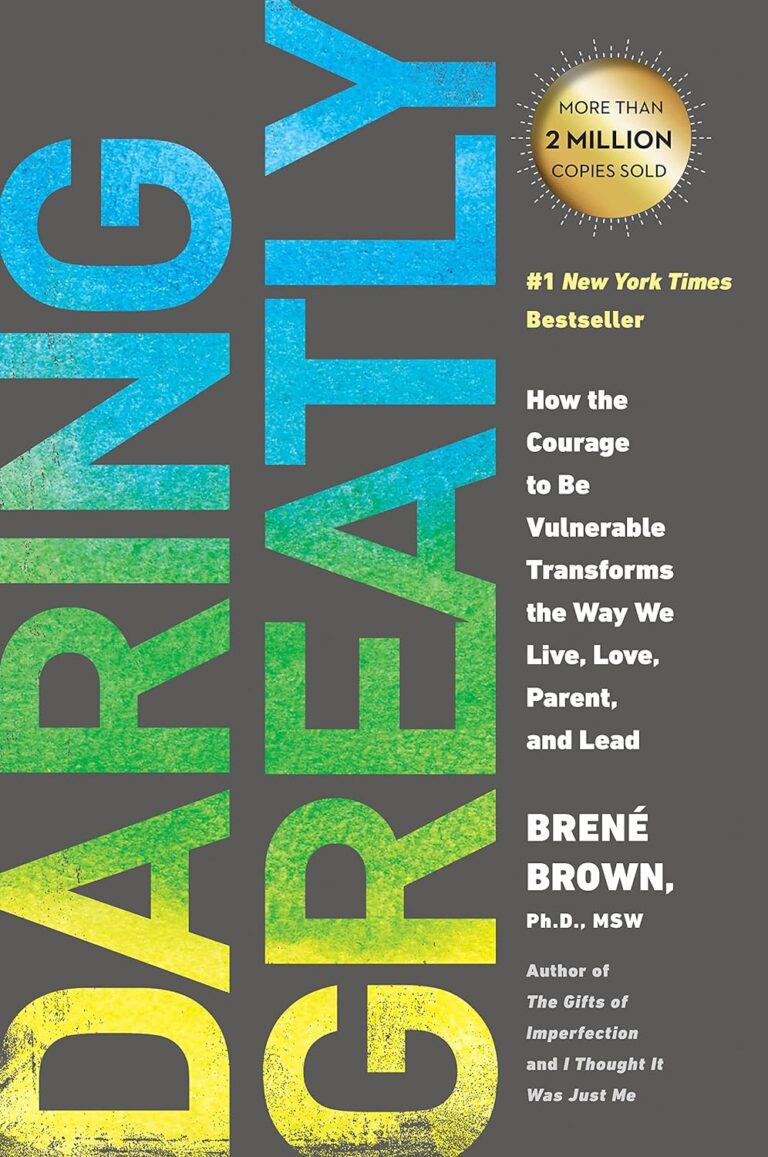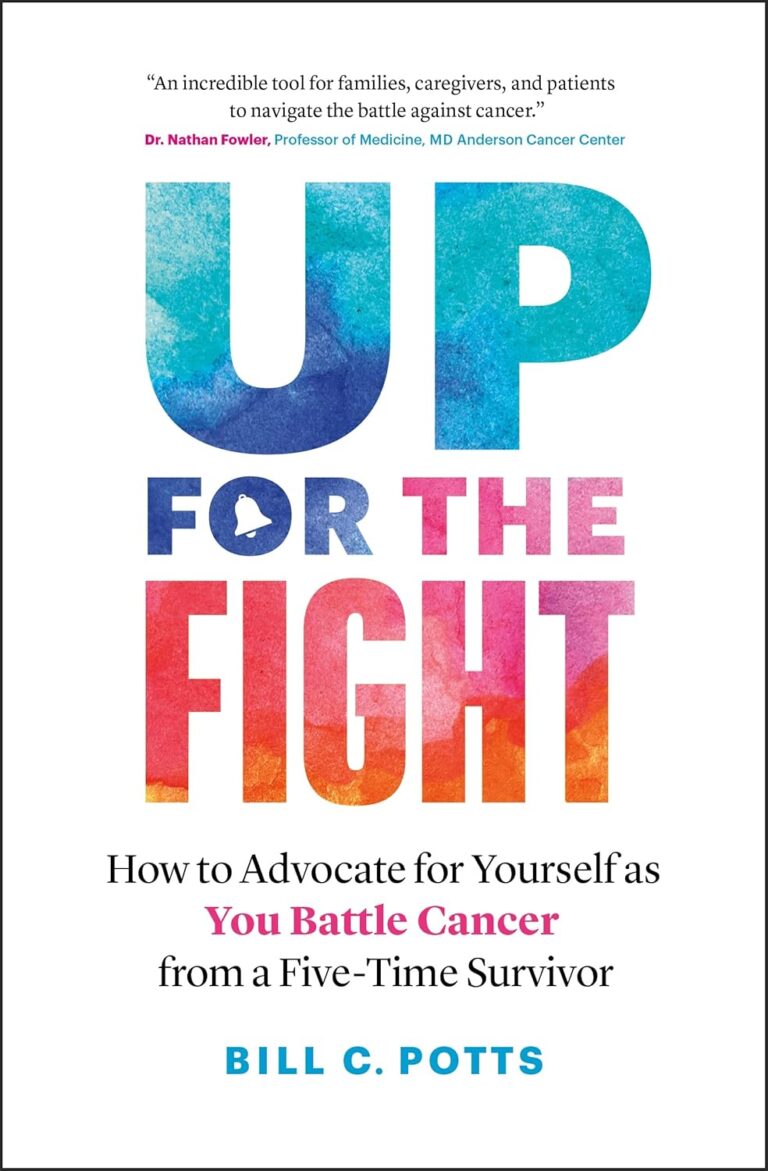
Anti-emetics, a class of medications that are essential to contemporary healthcare, play a crucial role in alleviating and controlling vomiting. They act through a variety of mechanisms to control the body’s emetic response, curbing the discomfort and potential health hazards linked to it. This article presents a deep-dive understanding of these vital medications, focusing on their definition, different types, mechanism of action, uses, potential side effects, and future prospects.
Understanding Emesis
Commonly referred to as vomiting, emesis is an involuntary action that results in the forceful ejection of stomach content through the mouth. It’s an intricate biological process regulated by the body’s central nervous system. Emesis can be triggered by an array of factors, including gastrointestinal issues, infections, pregnancy, certain medications, and even motion sickness.
Additionally, certain chemotherapeutic agents and radiation therapy, common in cancer treatments, are known to trigger emesis, which can significantly hamper the effectiveness of the treatment and the patient’s quality of life.
Definition of Anti-emetics
Anti-emetics are medications designed to combat and prevent nausea and vomiting. They’re typically employed in situations where these symptoms are expected, such as post-surgery, or during cancer treatment. Additionally, they may be used to manage conditions where vomiting is frequent, such as in gastroenteritis.
There’s a range of anti-emetics available today, including Dopamine antagonists like Metoclopramide, 5-HT3 antagonists like Ondansetron, H1 antagonists like Promethazine, and NK1 antagonists such as Aprepitant.
The Mechanism of Action of Anti-emetics
The working mechanism of anti-emetics varies depending on their type. However, the general principle involves blocking the signal transmission in the brain that triggers the urge to vomit.
For instance, anti-emetics such as Ondansetron block the action of serotonin, a neurotransmitter associated with nausea and vomiting. By inhibiting the activity of serotonin receptors in the brain and the gut, these anti-emetics minimize the urge to vomit. Likewise, Dopamine antagonists act by blocking Dopamine receptors in the brain, reducing nausea and vomiting, primarily arising out of gastrointestinal problems or following surgery.
Applications of Anti-emetics
Modern healthcare systems frequently use anti-emetics to combat nausea and vomiting in diverse scenarios. From oncology to gastroenterology and anesthesiology, these medications have proven time and time again their indispensable nature for patient care.
Several studies have displayed the transformative impact of these medications. For instance, one research revealed that using Ondansetron resulted in a significant decrease in post-operative vomiting in children undergoing tonsillectomy. The widespread use and efficacy of anti-emetics in healthcare can’t be emphasized enough.
Side Effects and Precautions of Anti-emetics
Like most medications, anti-emetics carry potential side effects. These can range from mild effects like constipation, dry mouth, and fatigue to more severe ones like tremors and abnormal muscle movements. Additionally, anti-emetics can provoke mental status changes, including restlessness, anxiety, and depression.
With these potential side effects, it’s crucial to follow healthcare provider’s guidelines and usage precautions when taking anti-emetics. That includes informing doctors of any existing medical conditions, other medication use, and adhering to the prescribed dose.
Future Directions for Anti-emetic Treatments
Existing research and ongoing studies are opening up exciting possibilities for the future of anti-emetic treatments. For example, the discovery and development of drugs targeting more specific receptor sites can lead to more effective and safer anti-emetics.
Additionally, there’s potential for the use of naturally occurring anti-emetics from plant sources. Such advancements could greatly improve patient care, particularly regarding those struggling with chronic or severe conditions causing persistent emesis, and make anti-emetic usage safer in the long run.
Get to know us better
If you are reading this, you are in the right place – we do not care who you are and what you do, press the button and follow discussions live

Conclusion
Anti-emetics have for a long time been central to managing and preventing nausea and vomiting. Through diverse mechanisms of action, they offer relief for patients across different medical fields, from general practice to specialized areas such as oncology and anesthesiology.
While they carry potential side effects, the benefits and relief provided generally outweigh the risks, particularly when used appropriately under professional guidance. With the ongoing research, we can reasonably hope for even more efficient and safer anti-emetic treatments in the future.
Frequently Asked Questions (FAQs)
- What are some examples of Anti-emetics?
Examples of anti-emetics include Ondansetron, Metoclopramide, Promethazine, and Aprepitant.
- How do Anti-emetics work to prevent vomiting and nausea?
Anti-emetics work by blocking signal transmissions that trigger the urge to vomit in the brain.
- Can I take Anti-emetics without a prescription?
While some anti-emetics can be bought over the counter, it’s crucial to consult with a healthcare professional before usage to prevent potential side effects.
- What are some typical side effects of Anti-emetics?
Side effects can range from mild, like fatigue and dry mouth, to severe, such as tremors and severe mental status changes.
- Can Anti-emetics be used to treat other conditions apart from vomiting and nausea?
Primarily, anti-emetics are designed to alleviate nausea and vomiting. However, in some cases, they may be used to manage symptoms of other conditions. Always seek professional advice before usage.

















Comments
Thank you. Comment sent for approval.
Something is wrong, try again later